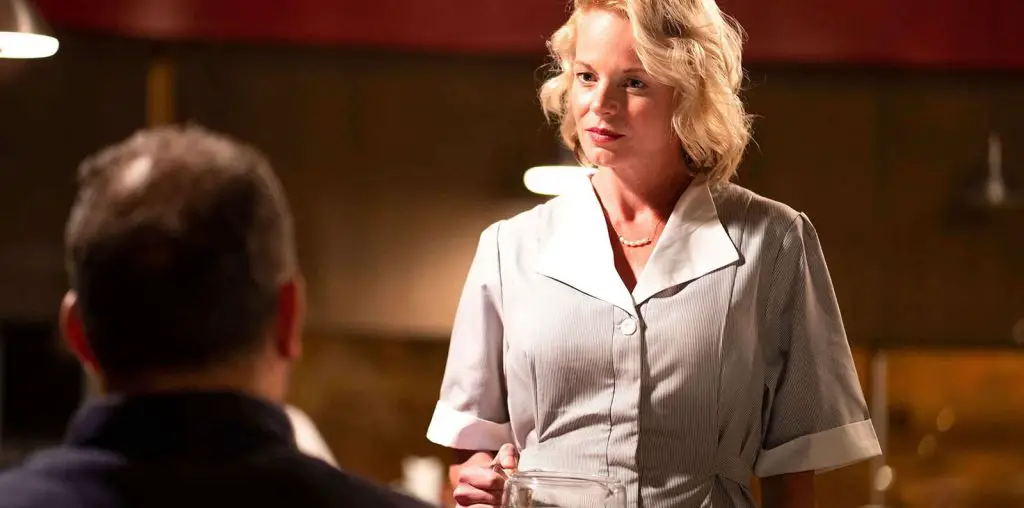
With the release of “The Virgin Spring” (1960), the Criterion Collection brings to DVD an important shift in the career of one of cinema’s masters. This lesser known Ingmar Bergman masterpiece, the first of his many Oscar wins, ties his early expressionist treatment, best known in “The Seventh Seal” (1957), to his later psychological approach in “The Hour of the Wolf” (1968). In the former film, Bergman focuses on moody imagery and dark symbolism. Medieval knight Antonious Block meets a characterization of death, who appears both somber and priestly. Through their game of chess, Block finds the meaning of life, represented in Bergman’s brightly lit world. In “The Hour of the Wolf,” Bergman depicts a tortured artist’s nightmares with the surreal approach he used in “Persona” (1966) and touched upon in “Through a Glass Darkly” (1961). Based on a 14-century Swedish ballad, “The Virgin Spring” finds Bergman in a symbolic medieval world where paganism clashes with Christianity, and nightmares come to life.
Bergman regular (and future American star) Max von Sydow is Töre, a pious farmer whose wife, Märeta (Birgitta Valberg), immolates herself for Christ. Their angelic daughter, Karin (Birgitta Pettersson), embodies her father’s innocent spiritualism, which her mother distrusts. Märeta frets over her daughter’s oversleeping after a night of zealous dancing with “too many” men, while Töre dismisses it as youthful innocence. The couple’s prayer beneath a hulking crucifix offers some portent of what Karin will soon meet: the film opens with a jealous Ingeri (Gunnel Lindblom), a pregnant rustic woman taken in by Töre and Märeta, calling to Odin for what will be vengeance against her caretakers’ daughter.
Bergman breaks his moody atmosphere for the visceral when a pack of rogues rapes and murders the virginal Karin in the woods. First singing and beaming in the forest, Karin looks to the sky after her violation, broken and distorted in the sunlight. It’s not long until her violators end her life in reaction to her lost beauty. Later Töre learns that men he has taken in for the night are responsible for his missing daughter. At first broken – evidenced in his crestfallen face, like his daughter’s prior to her death – Töre submits to violent revenge.
Along with its intense mood – powerfully exhibiting both elation then sorrow– Bergman’s morality tale succeeds with a non-sensational treatment of violence (though it inspired Wes Craven’s very exploitative “The Last House on the Left” [1972], for which it is well known). For viewers whetted on American cinema, it’s refreshing to see these scenes filmed sans melodrama to focus on their too-realistic effects. Bergman thus pulls the fitting emotions out of his players, and compels Töre’s revenge and the eponymous, folkloric closing. Easily lost amid a brilliant career, “The Virgin Spring” once again shows Bergman’s control in capturing the furthest ranges of emotion.
The always excellent Criterion Collection provides a crisp transfer and plenty of extras. Along with a video introduction by Ang Lee, this disc includes new interviews with stars Lindbolm and Pettersson and a scholarly but accessible commentary track. But the real treat comes in an audio track of Bergman at the American Film Institute (1975), in which he discusses topics including his use of intuition, the virtues of planning, and the surreal in creating films (and even jokes about his use of central female characters). Also included is a sleek 28-page booklet containing two essays (one by screenwriter Ulla Isaksson), text of the ballad on which the film is based, and Bergman’s letter in response to American censorship of the rape scene.

